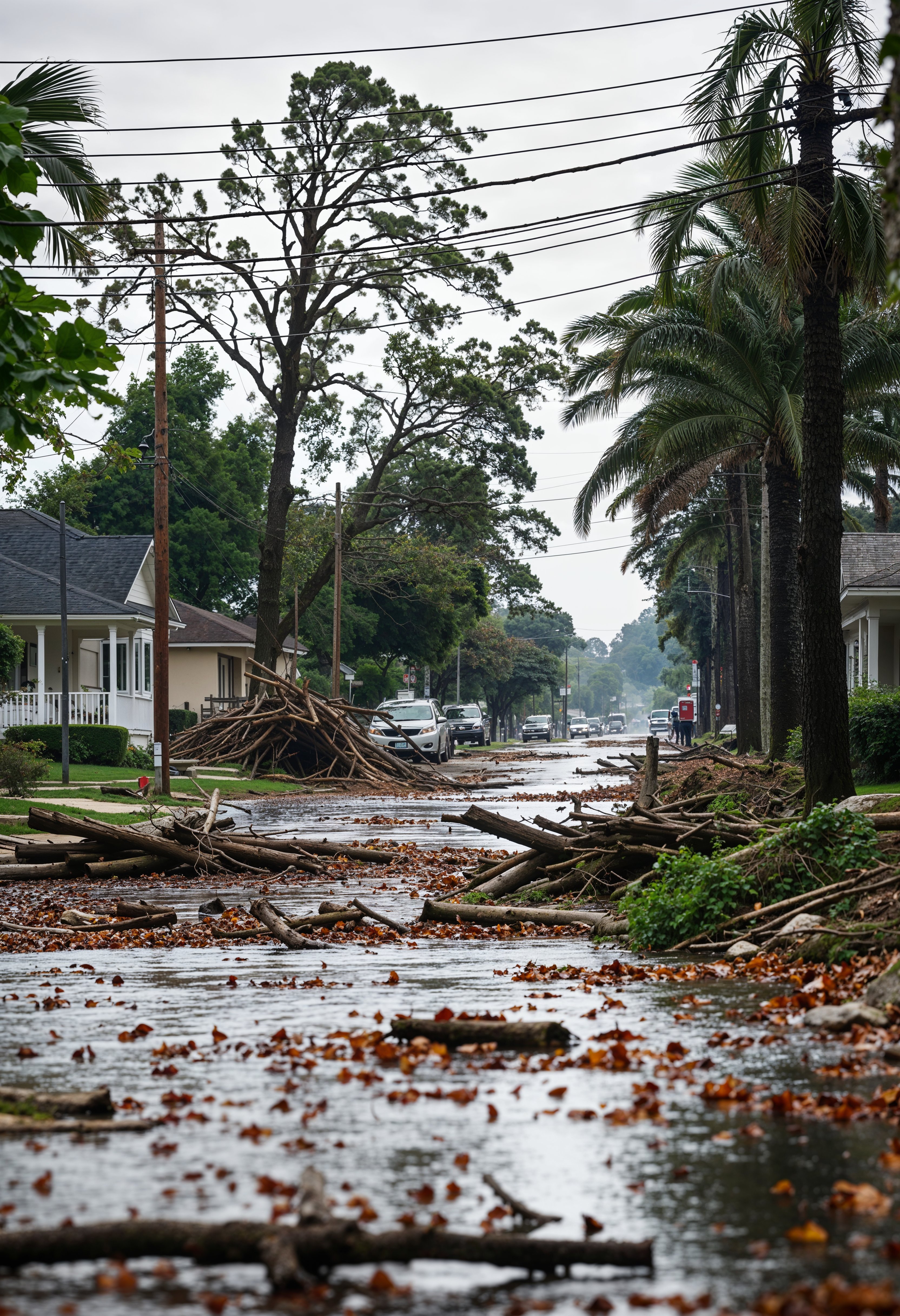Texas Hurricane Insurance Essentials
Multiple Policy Requirements
Hurricane protection in Texas requires a strategic combination of insurance policies rather than a single "hurricane policy." Standard homeowners insurance covers certain hurricane damages, particularly wind-driven rain entering through storm-created openings. However, it excludes flooding entirely and may limit wind coverage in coastal areas. Comprehensive coverage typically requires three distinct policies: standard homeowners insurance (with possible windstorm endorsement), separate windstorm insurance for coastal properties, and flood insurance regardless of location. This fragmented approach creates potential coverage gaps if policies aren't properly coordinated, making thorough insurance reviews essential before hurricane season begins.
Windstorm Coverage Considerations
Texans in coastal counties face special windstorm insurance requirements. The fourteen coastal counties comprising the state's designated catastrophe area typically exclude wind/hail coverage from standard homeowners policies. Properties in these regions require separate windstorm insurance, often through the Texas Windstorm Insurance Association (TWIA), the state's insurer of last resort. TWIA policies cover wind damage but require windstorm certificates verifying compliance with building codes. Inland Texas properties usually include wind coverage within standard homeowners policies, though high-risk areas may impose higher wind deductibles. Understanding your specific policy's wind provisions is crucial, as these determine coverage for hurricane-force winds, tornadoes, and resulting damage.
Flood Insurance Necessities
Flood insurance represents an essential component of hurricane protection for all Texas properties, regardless of flood zone designation. Standard homeowners and windstorm policies explicitly exclude flooding, including storm surge—a primary hurricane damage source for coastal areas. National Flood Insurance Program (NFIP) policies provide coverage up to $250,000 for residential structures and $100,000 for contents, with 30-day waiting periods before activation. Private market alternatives sometimes offer higher limits and shorter waiting periods. Recent hurricane patterns demonstrate that properties well outside mapped flood zones frequently experience hurricane-related flooding, making coverage advisable even for seemingly low-risk locations.
Coverage Enhancement Options
Several specialized policy endorsements strengthen hurricane protection beyond standard coverages. Ordinance or law coverage pays the additional costs of rebuilding to current building codes, which often increase following major hurricanes. Extended replacement cost endorsements provide 25-50% above policy limits when widespread hurricane damage inflates rebuilding costs. Loss of use coverage funds temporary housing during repairs, which is particularly valuable given the extended reconstruction timeframes common after major hurricanes. Scheduled personal property floaters protect high-value items like jewelry or art beyond standard policy limits. These enhancements address hurricane-specific recovery challenges not adequately covered by standard policy provisions.
Deductible Management Strategy
Strategic deductible selection has a considerable impact on both the pricing of hurricane coverage and the financial exposure after the storm. Most Texas plans use percentage-based hurricane deductibles (1-5% of dwelling coverage) rather than fixed-dollar amounts. For a $300,000 home, this equates to $3,000-$15,000 in out-of-pocket expenses before insurance coverage. Some plans include distinct deductibles for wind and other dangers, potentially resulting in several deductible requirements from a single hurricane event. Maintaining appropriate emergency reserves to cover these deductibles is an important aspect of comprehensive hurricane financial safety.





